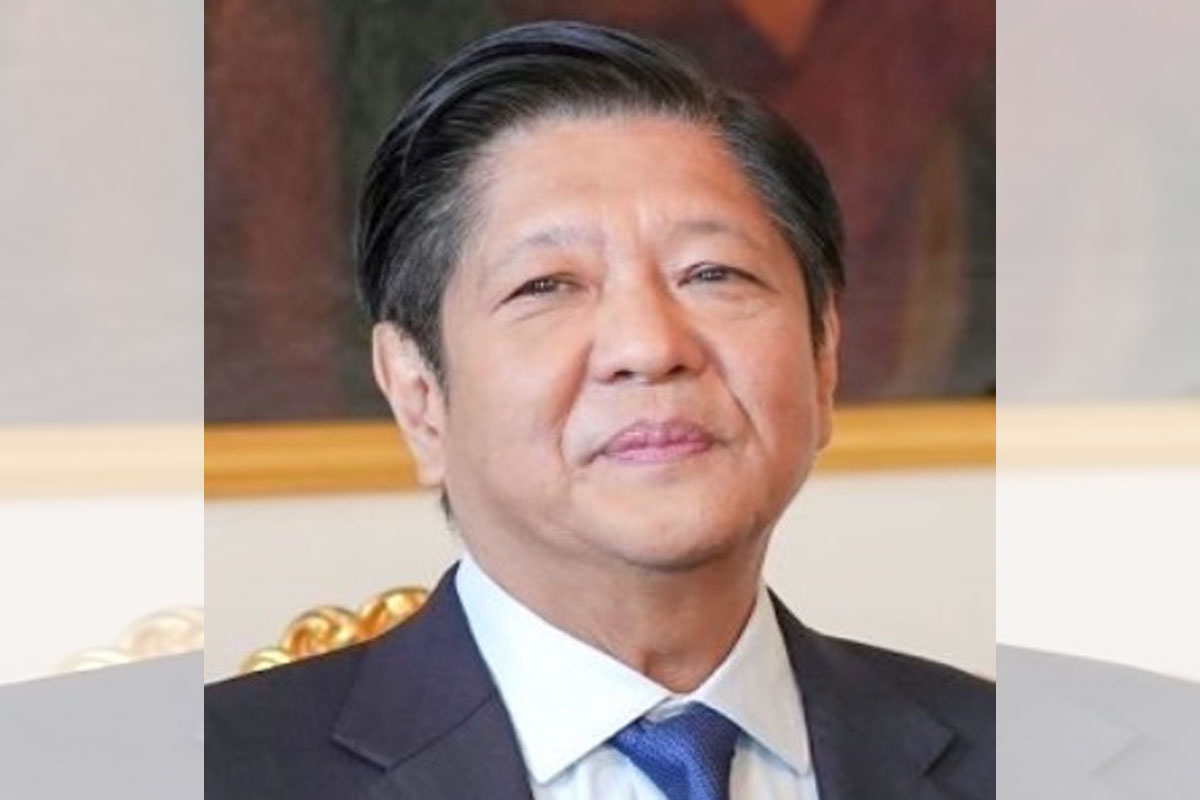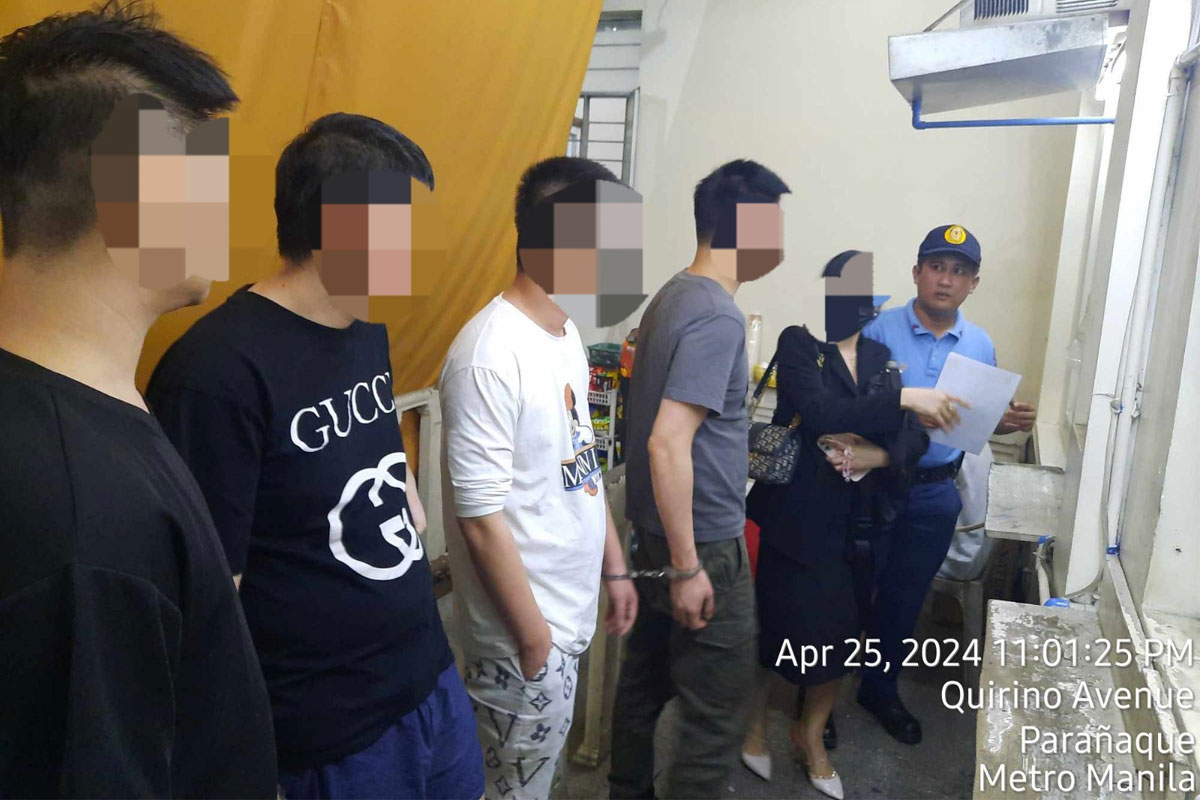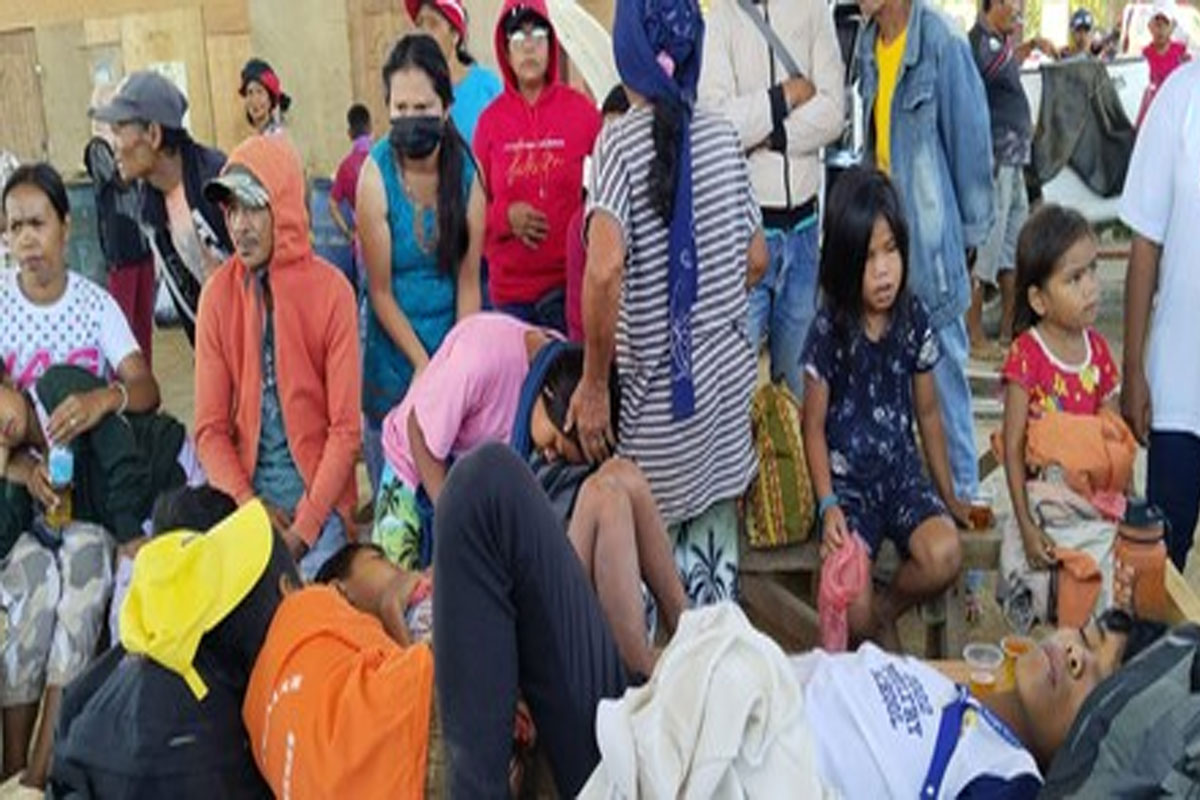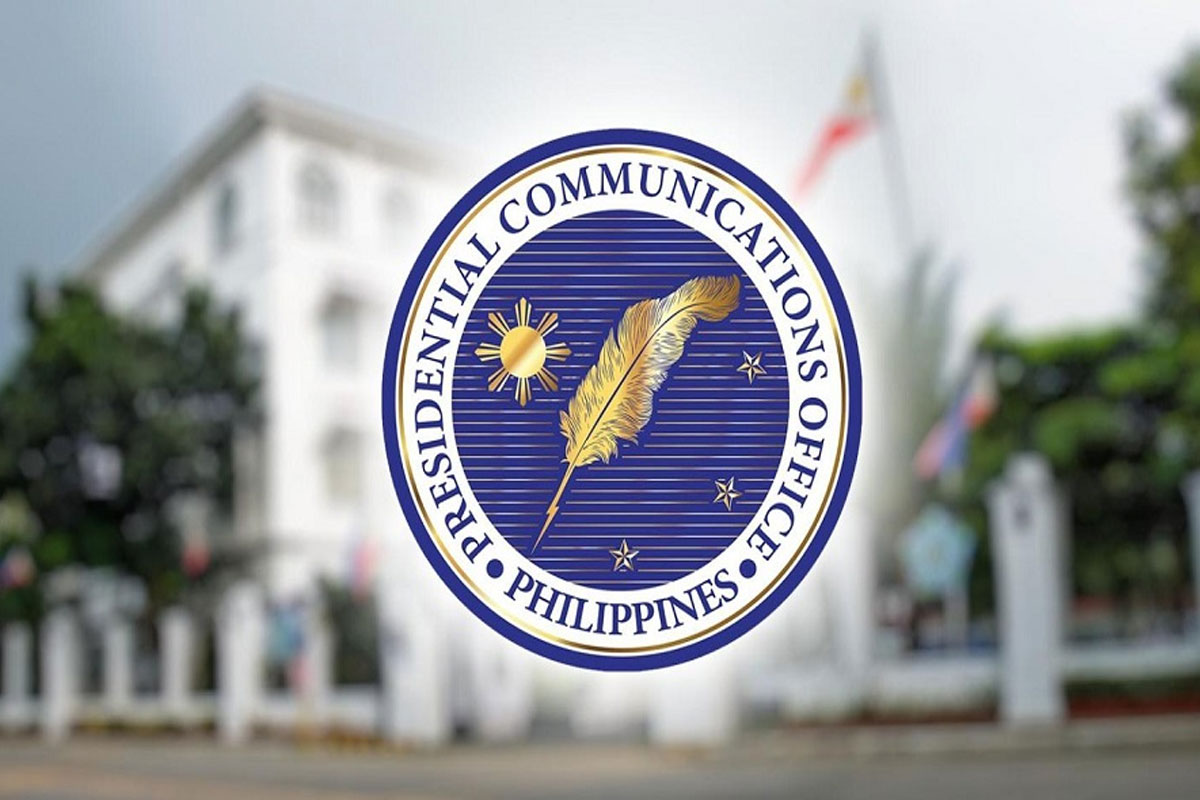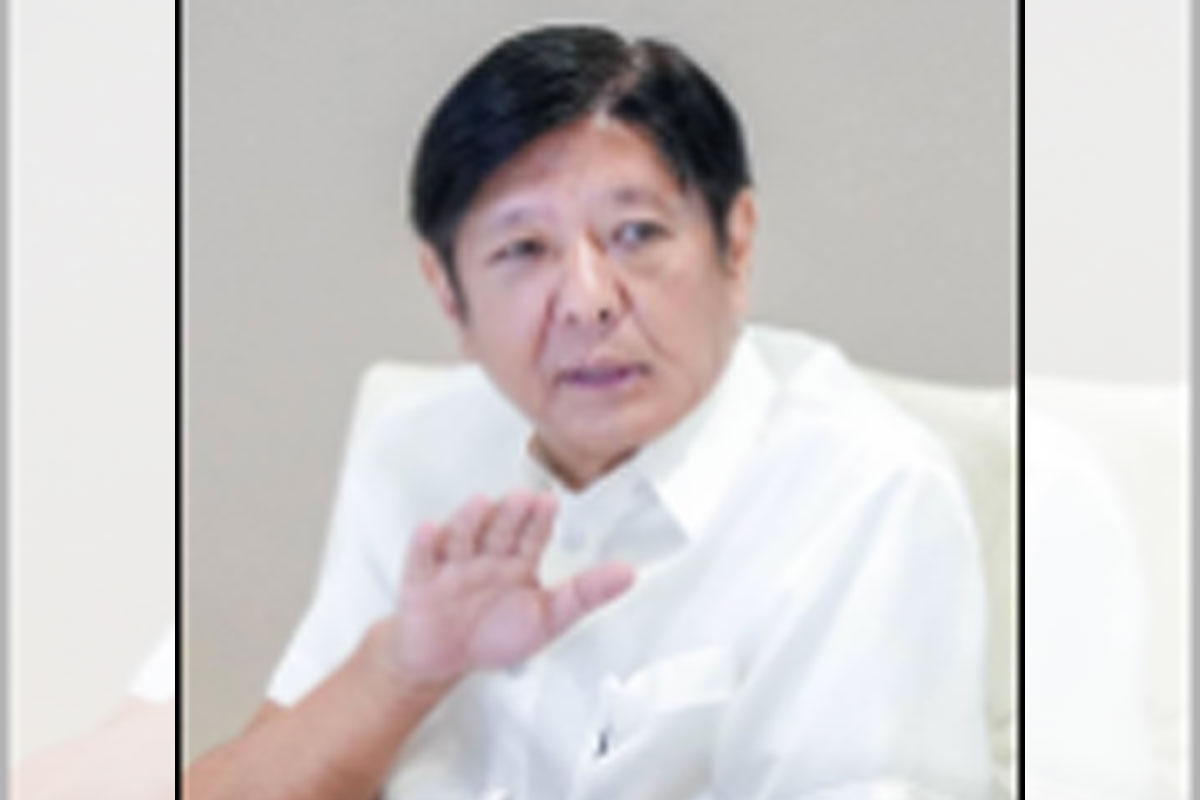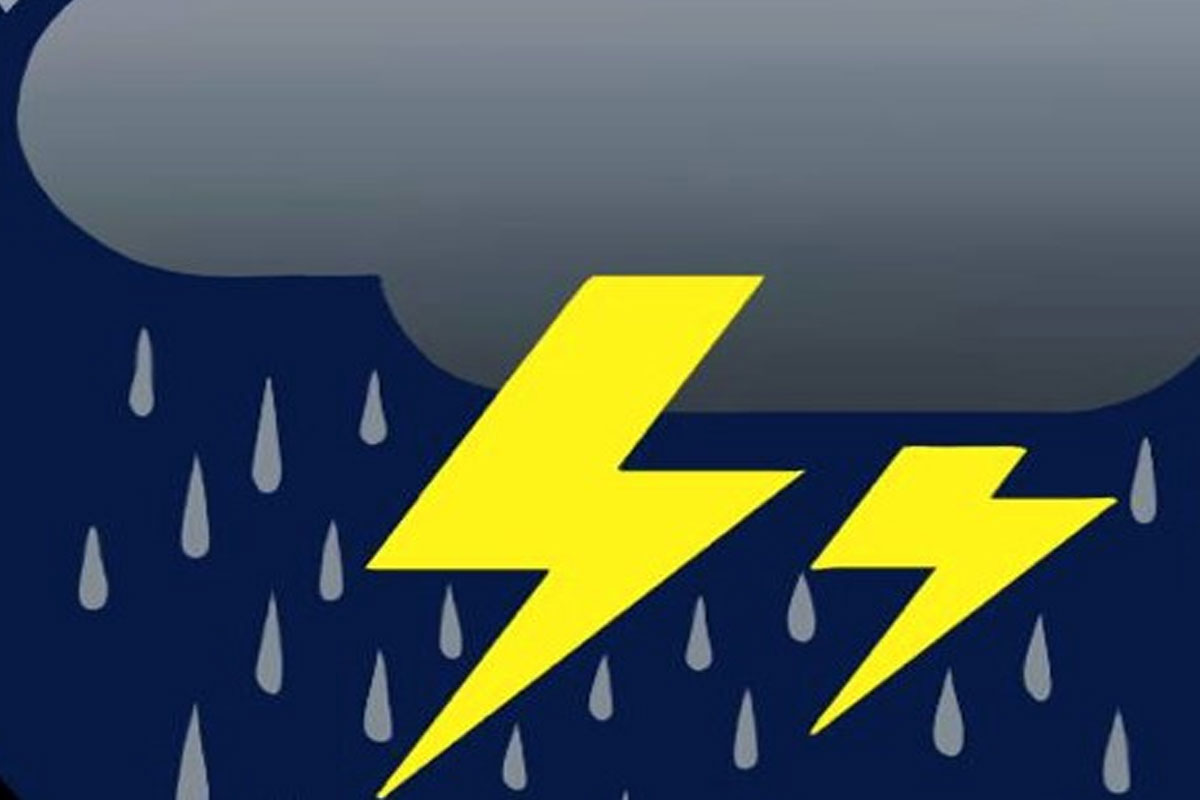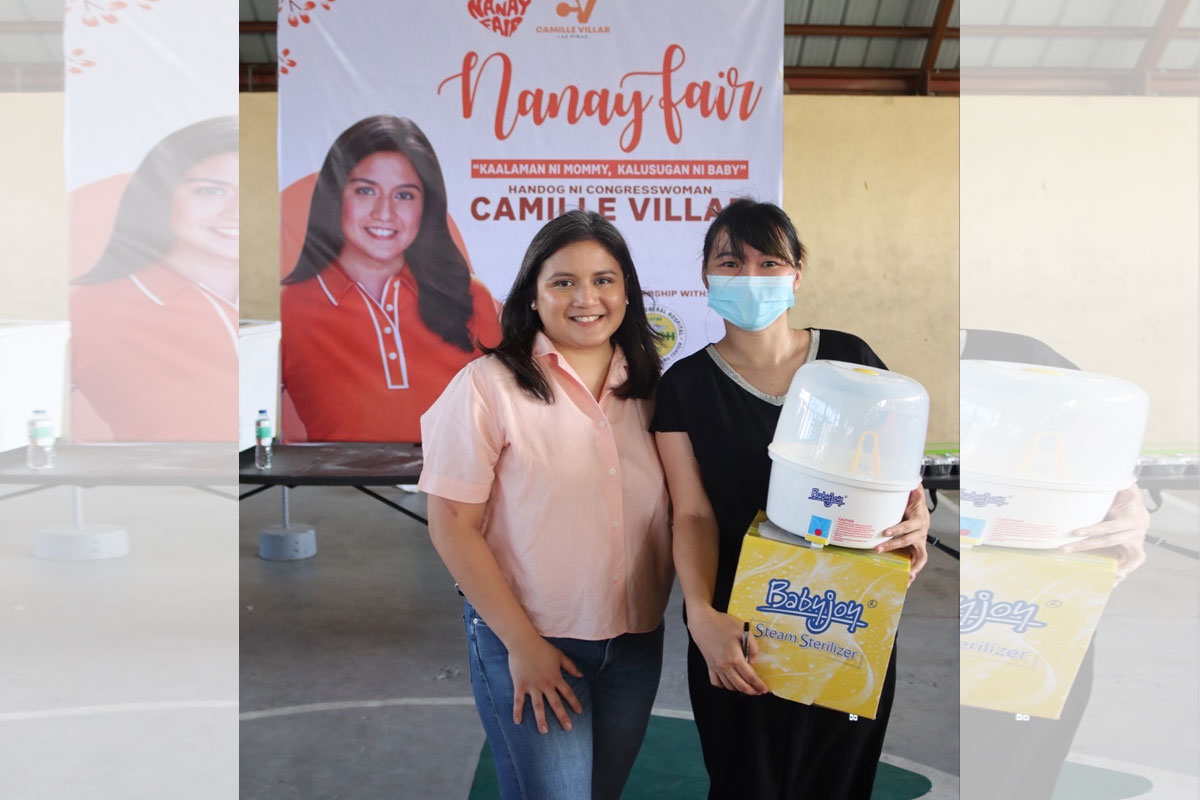
Sensors to determine pollution levels in QC
AIR quality monitoring sensors will be put up in strategic areas in Quezon City to determine the pollution levels in the city and to create appropriate solutions to achiece cleaner air.
Mayor Joy Belmonte said that the move is part of the city government’s commitment to lessen air pollution in the city.
Recently, Belmonte and Environment Protection and Waste Management Department (EPWMD) head Andrea received eight units of air quality sensors and the “Roadmap for Quezon City’s Air Quality Management Plan” from Clean Air Asia and C40 Cities Climate Leadership Group through its C40 Air Quality Technical Assistance Program.
The sensors will measure pollutants such as most dangerous particulate matter 2.5 (PM 2.5) which comes from the emissions of cars, trucks, and industrial facilities. Long-term exposure in this pollutant affect the residents’ health as the particles travel deeply into lungs and blood streams and can worsen conditions like asthma and heart disease.
“Quezon City is very grateful to C40 Cities and Clean Air Asia for their continuous assistance in capacitating city officials and technical staff in terms of developing a more comprehensive strategy to improve air quality in the city. Through these air quality monitoring sensors, we will be able to gather the city’s air quality baseline data that will help us in planning and determining programs, projects and policies to reach our goal,” Belmonte said.
“It contributes to the realization of our city’s 14-point agenda, specifically agenda number 10, which is to build a livable, green and sustainable city,” she added.
Belmonte disclosed that in two months, monitoring sensors will be placed in the “pollution hotspots” or areas with high public risk for air pollution exposure.
Initially, the city has identified areas of Novaliches, Sto. Domingo and Quezon Memorial Circle as monitoring sites.
She added that the deployment of the sensors will serve as the city’s foundation in developing its air quality management system. Historical data from ground and satellite-based measurements will be analyzed and the city will form air quality solutions which will become part of the Air Quality Management Plan of the city government.
Aside from the sensors and roadmap, a series of technical trainings for the officers from EPWMD, Information Technology Development Department (ITDD), and the Disaster Risk Reduction and Management Office (DRRMO) were also conducted to strengthen their capacity in the operation and management of the air quality monitoring network.
“The comprehensive trainings which Clean Air Asia provided covered guidance on data analysis, visualization, and interpretation to help the government better communicate to the public what the air quality data means. These trainings would help the city sustain the air quality monitoring system,”Clean Air Asia Deputy Executive Director Atty. Glynda Bathan-Baterina said.
In addition to the Roadmap, a range of knowledge products were also developed under the project that have bolstered the city’s air quality management capacity, providing guidance in developing, managing and operating its own local air quality monitoring network, and in establishing a sustainable air quality management system.
“Linking air quality monitoring and air quality management planning puts the city firmly on track to meet its commitments under the C40 Clean Air Cities Declaration. We are so pleased to have the opportunity to support Quezon City in its laudable air quality work,” Helen Ho, Program Manager for Air Quality Technical Assistance of C40 Cities, explained.
The project is part of the C40 Cities technical assistance to QC in support of the city’s commitment to C40 Clean Air Cities Declaration in establishing baseline-date on air quality, implement policies and programs to address pollution emissions, and improve urban air quality.



